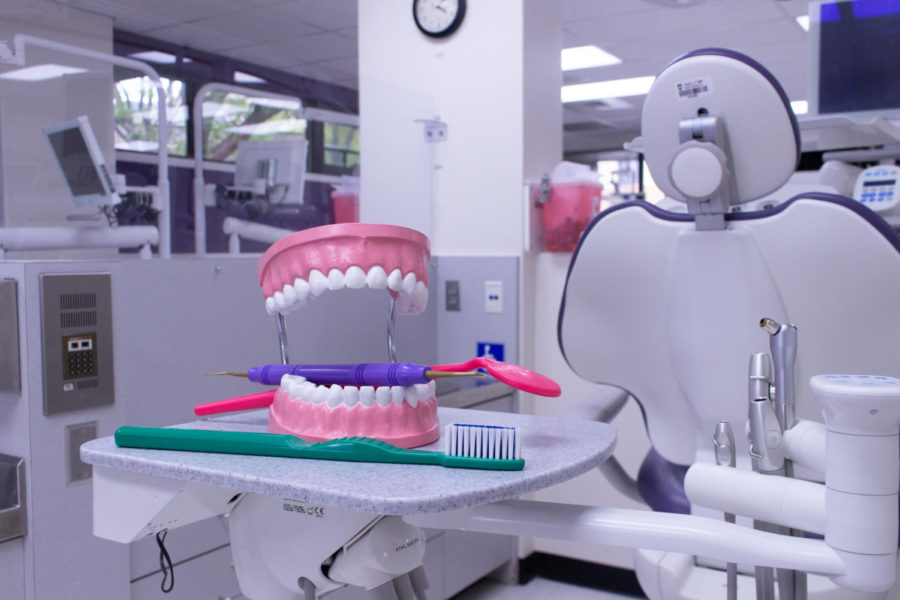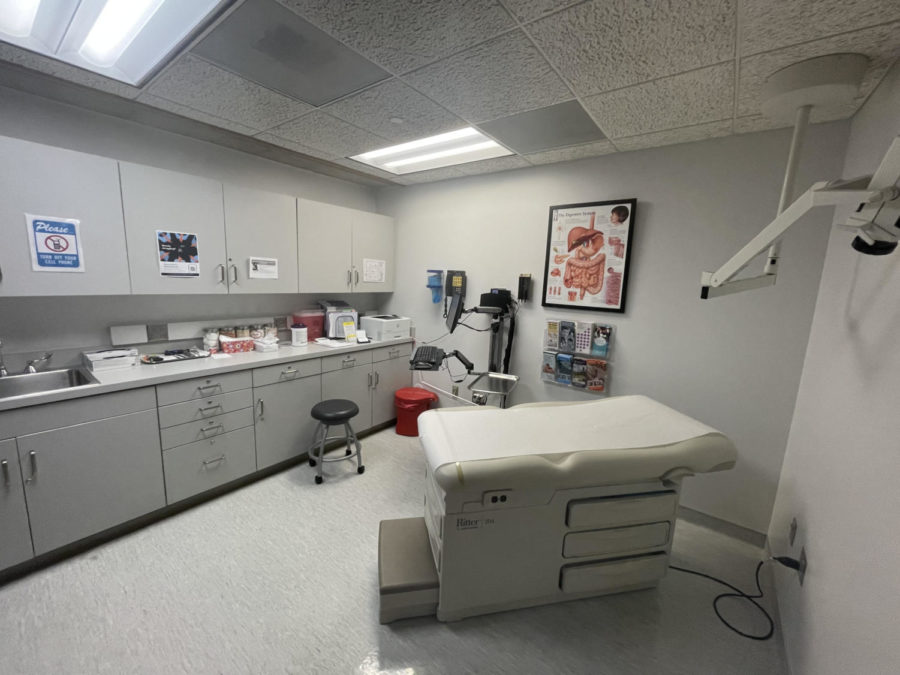
Microbiology majors Alisha Ryan and Sarah Eccles are working with Weber State University professor Jason Fritzler on research that might provide the solution to a problem medical professionals have long been searching for.
“One of the major challenges (today) is the presence of multidrug-resistant organisms,” Ryan said. “It is crucial to discover and establish alternative methods for treating microbial infections.”
Eccles’ and Ryan’s research is the first of its kind. While there have been numerous studies on the use of plant extracts as antibiotics, their research is the first to look at individual plant chemicals.
“Plants have been used throughout the ages for medicinal purposes, so why not research and study them to explore the possibility of antimicrobial properties?” Eccles said.
The idea came about as a result of Fritzler’s past work with the National Center for Pharmaceutical Crops in Texas. The NCPC is one of the first organizations to use plants as a source for pharmaceutical research. Its purpose is to eliminate synthetic ingredients in pharmaceutical products.
“(In the past) we’ve taken the chemicals that plants produce on their own and used them to test on cancer cells,” Fritzler said. “We know that they kill the cancer cells, but they leave our normal cells alone.”
Fritzler and the NCPC believe that because of this, plants are a good potential candidate to treat bacterial infections. They are currently working on licensing and applying for patents for plant extractions that inhibit breast and skin cancer cell lines.
Since the discovery of penicillin in 1928, the United States has mostly depended on penicillin and similarly based antibiotics to eliminate bacterial infections. However, the U.S. National Library of Medicine recently reported that bacteria are becoming resistant to antibiotics at an alarming rate.
“Antibiotics have a tendency to be over-prescribed, as seen by the ensuing number of drug-resistant bacteria appearing,” Eccles said. “(But) when patients don’t understand the importance of taking the full prescription as directed, bacterial resistance can (also) occur.”
While over-prescription and incorrect use of antibiotics is a daunting problem, Fritzler said he believes an alternative, more natural solution can be found.
“Seventy-five percent of antibiotics are of natural origin,” Frtizler said. “‘Natural’ is a loose word. Antibiotics are initially produced by bacteria and fungi, and that also is considered natural. We’ve pretty much exhausted the microbial origin of these products, and so that’s where the resistance builds up. It’s time to look elsewhere, so that’s where we thought of the plant extracts. They are natural too.”
Eccles said she believes plant-based antibiotics could be the way of the future and could one day eliminate bacterial-based antibiotics altogether.
“Getting this to the public one day is potentially doable,” Fritzler said. “The initial drug discovery aspect often occurs in academics.”
But finding a drug is often only the first small step in a long process that quickly becomes very political.
“Getting the drugs from the test tube to human testing is about 15 more years and $800 million,” Fritzler said. “While we can say we’ve found this drug, it works in a test tube and on animals; that’s where we have to stop, and it becomes a game to get in with pharmaceutical companies to convince them to take to human trials.”
However, Ryan, Eccles and Fritzler remain optimistic about their research. They’ve had good success so far, saying that, while it’s not yet conclusive, their results are promising and a good indication they are ready to move on to the next step.
“Our next step would be animal trials, which means we would test the extracts found to inhibit growth (on Petri dishes) on real body systems,” Eccles said. “I’m hoping we will be able to do this so the research doesn’t have to be over yet!”
Fritzler said it’s been a while since a new antibiotic drug has been found, which is what keeps him motivated during the research.
“It really is very fascinating,” Fritzler said. “You never know what you’re going to find. You might have that one drug that will make it all the way and then it will change everything.”

















